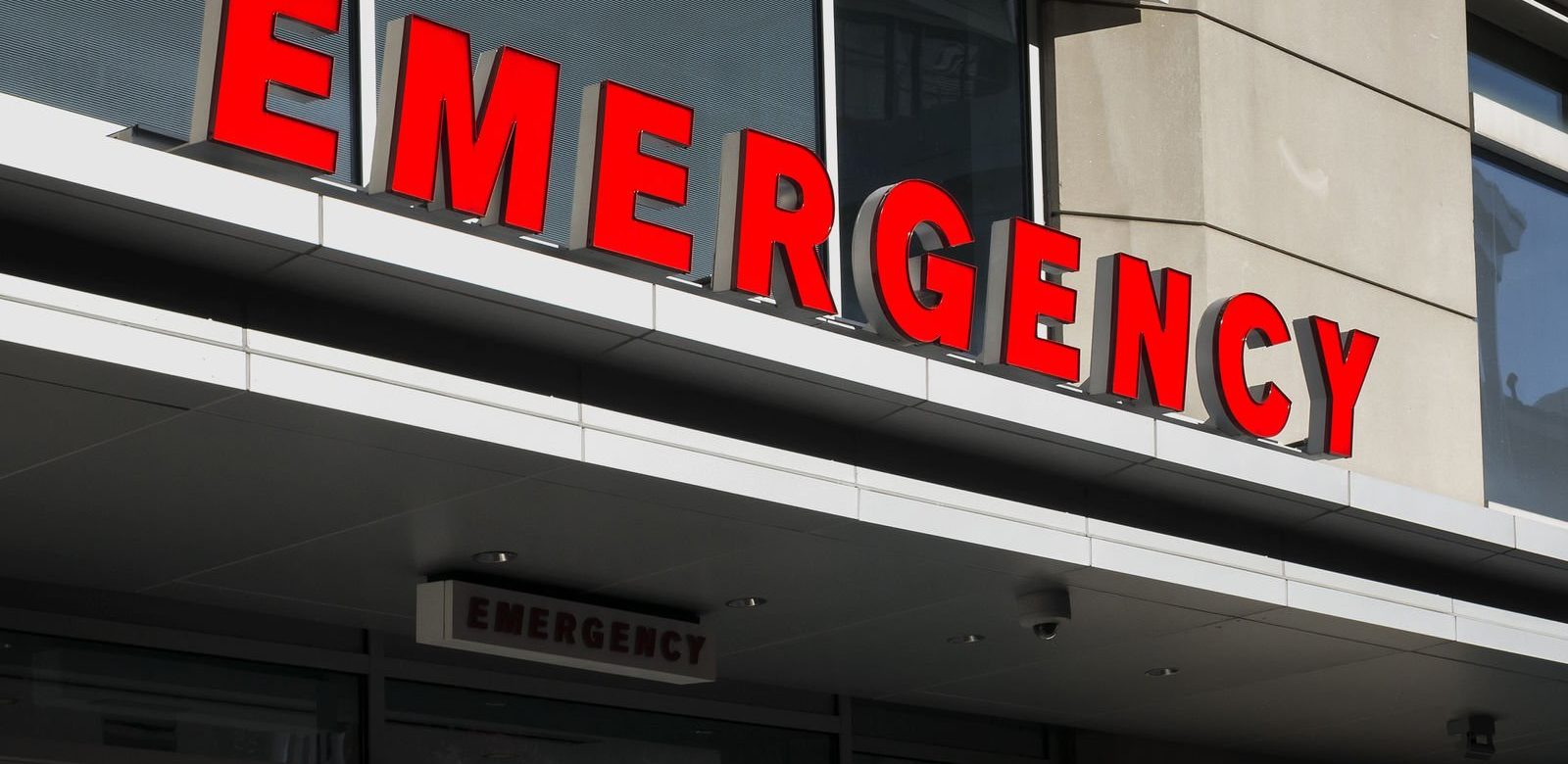Can I Visit a Hospital Without Insurance?

Just the Essentials...
- No hospital in the United States can turn you away for lack of insurance.
- Your best option is to maintain insurance coverage using short-term insurance plans.
- If you meet certain requirements, you may qualify for Medicaid or a financial assistance program.
Getting Healthcare Without Insurance
You’re between jobs, your insurance lapsed, and boom, medical emergency. You need help, and you don’t have time to be choosy. What will you do?
Here’s the good news: in the United States, no hospital can turn you away due to a lack of insurance. Networks, immigration status, none of it matters. If you need medical help, a hospital must provide it. Seriously, do not wait. If you have a medical emergency, call 911. Do not put off seeking medical care due to a lack of insurance. It could cost you your life.
However, you might be understandably concerned about how you’ll pay for said service after receiving it. Luckily, there are options.
Medicaid
Low-income families and individuals, people receiving supplemental social security, and pregnant women may qualify for coverage through Medicaid, a government-sponsored health insurance program. Medicaid requirements vary from state to state, though you can apply to the Marketplace or your state’s healthcare exchange. Hospitals may automatically apply for you, depending on your circumstances.
Under the Affordable Care Act, Medicaid must cover ten essential health benefits, including:
- Ambulatory patient services
- Emergency services
- Hospitalization
- Pregnancy, maternity, and newborn care.
- Mental health services
- Prescription Drugs
- Rehab
- Laboratory Services
You may also qualify for Medicaid if you are a qualified non-citizen. This means anyone with a Green Card, members of federally recognized Native American tribes, or immigrants are granted withholding of deportation. Typically, there is a five-year waiting period before you become eligible for Medicaid, but there are exceptions to this rule, including:
- Current or former refugees and asylees in any state.
- Children or pregnant women in 29 states.
In an emergency, so long as you meet all the eligibility requirements for your state, you qualify for coverage regardless of immigration status.
What if I don’t qualify for Medicaid?
The best option, in any situation, is to have health insurance. If you have recently lost insurance coverage, you may qualify for a special enrollment period, allowing you to enroll in a Marketplace plan. If you later gain insurance through a new job, you may unenroll from your marketplace plan at no penalty, as a new job also qualifies you for a special enrollment period. You may also qualify for a Marketplace plan depending on your immigration status. You can check for Medicaid eligibility while enrolling in the Marketplace, so you have no reason not to look. This is, in practically every circumstance, your best option.
Some people slip through the cracks. You’re in a transitional period, and you fall sick at the worst possible time. Your new insurance plan doesn’t come into effect until the first month. Luckily, there are options.
First, seeking an urgent care facility or community health center is usually cheaper than seeking hospital care if you have the means to choose. Typically, an urgent care center will be more likely to cover your needs, as they often have equipment that clinics lack. If you are attending university, you may also be able to receive treatment at your on-campus clinic. We cover some options in more detail in a previous article.
Unfortunately, few of us have the privilege to choose where we go during an emergency. A life-or-death situation isn’t the time to be shopping around. Fortunately, there are options.
Nonprofit hospitals must offer free or discounted services to uninsured individuals. The plans vary depending on your state and specific hospital but can offer partial or total financial assistance. For-profit hospitals have no obligation to offer financial assistance. Regardless, you must enroll within 240 days of receiving your first bill.
Some hospitals allow you to set up payment plans, either through the hospital itself or through third-party lenders, if all else fails. This isn’t the best option: you’ll be paying off the extra interest on top of everything else, but it is better than allowing medical debt to sit there. Uncollected debt can lead to many financial problems, including liens on your property, garnished wages, and harassment from debt collectors.
The Best Option: Stay Insured!
In every case, your best option is to never allow your health insurance to lapse, which means acting quickly and decisively if you do lose coverage.
If you’re planning on resigning from your job or about to age out of your parent’s insurance, you should begin shopping for a plan immediately. Go to the Marketplace, begin your application, and check your Medicaid eligibility: the faster you do all of these things, the less likely you will go uncovered. Most insurance plans, including those offered by employers, will allow you to continue coverage until the end of the month, giving you time to find and enroll in a new plan.
However, sometimes this just isn’t an option. Perhaps you were fired from your job at the very end of the month, or you need to relocate out of your plan’s coverage area unexpectedly. In that case, short-term health insurance is an excellent option. These plans are meant to only last a few months and lack many of the guaranteed benefits and protections of an Affordable Care Act plan, making them a poor choice for your long-term health. However, they provide emergency coverage starting from the day after your application, providing a much-needed safety net until you can find a more permanent option. Many also allow you to unenroll at no penalty upon finding long-term coverage. Unfortunately, these plans aren’t available in every state, so research your options carefully to set up an emergency plan.
Do you need health insurance? Contact one of our licensed insurance agents at (800) 318-9984, or enter your zip code to begin your search today.
